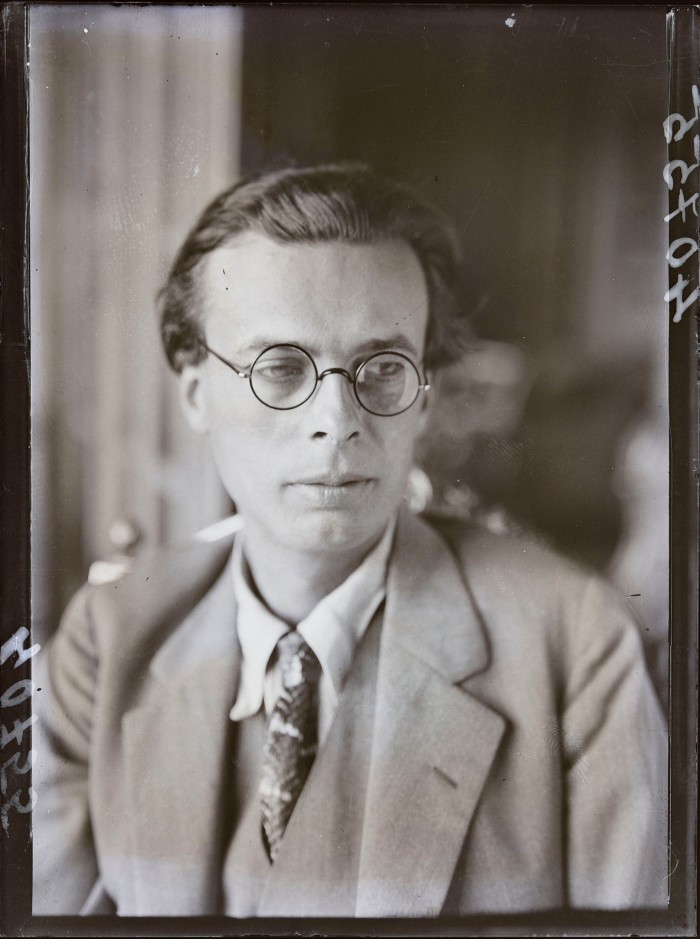1925 and all that — fictional modernism 100 years on

Unlock the Editor’s Digest for free
Roula Khalaf, Editor of the FT, selects her favourite stories in this weekly newsletter.
In the 20th century, which year marked Peak Fiction? It would be hard to argue against the glorious harvest of 1925. Hindsight is a fine, if useless, thing, but you wonder whether any eager reader welcomed the new year a century ago expecting that it would witness a literary gold rush. In fact, one of the landmark works published during those months concerns actual gold fever: L’Or by the Swiss-born poet-turned-novelist Blaise Cendrars, a saga of ambition, greed and ruin set in the boom-and-bust California of the 1840s.
Cendrars’ novel seldom features in accounts of that extraordinary season, though Hollywood took enough notice to film it (as Sutter’s Gold). For 1925 saw, in American fiction alone, the arrival of F Scott Fitzgerald’s The Great Gatsby, Willa Cather’s The Professor’s House, Theodore Dreiser’s An American Tragedy, John Dos Passos’s Manhattan Transfer and Gertrude Stein’s The Making of Americans — not to mention the stories gathered into a breakthrough collection (In Our Time) by an expat reporter in Paris, and Stein protégé, called Ernest Hemingway. Their author used to drink with Cendrars in Montparnasse.

Across the Atlantic, we salute Virginia Woolf’s Mrs Dalloway as another fictional miracle of 1925. Less frequently honoured are Aldous Huxley’s post-Great War satire Those Barren Leaves, Ford Madox Ford’s No More Parades or William Gerhardie’s often-overlooked gem The Polyglots. In France, Albertine Disparue posthumously surfaced as the penultimate volume of Marcel Proust’s In Search of Lost Time, while André Gide published his wittily labyrinthine tale of masks and lies in an age of fakery, The Counterfeiters. In German, a sinister story that Franz Kafka had composed in 1914-15 appeared — against its recently deceased author’s wishes — as The Trial. And in Moscow, Rossiya magazine serialised a masterly novel about war-ravaged Kyiv by a politically suspect writer: Mikhail Bulgakov’s The White Guard. Its stage adaptation (The Days of the Turbins) would, paradoxically, become Stalin’s favourite show.
Books that endure don’t always appear immediately after their creation. Some of these trailblazing works — Stein, Kafka, Proust — predate the period of their publication. But Kafka, for example, swiftly struck the nerve of the era in his fable of a meek clerk arrested “without having done anything wrong” and thrust into a bureaucratic nightmare that would define the century for many millions. Whatever their chronology, the key titles of that mid-1920s moment read not merely as definitive period pieces but guides to states of mind, art and society that stay valid, and vivid, today; 2025 will witness the birth of a shelf of novels that owe a debt, overt or disguised, to Woolf, Kafka and Fitzgerald at least.

True, such pioneers of modernism presented selfhood, consciousness, time and the excitement and alienation of technology-driven urban life, in original ways. But not all the star books of 1925 obeyed avant-garde rules: Cather and Dreiser marry up-to-date themes to more traditional storytelling. In a preface to Mrs Dalloway, Woolf insisted that experience preceded style. Her single London day filtered through overlapping minds was not “the deliberate offspring of a method” but simply a self-built house for interior reality.
The lingering trauma of the first world war — and, for Bulgakov and Gerhardie, the Russian Revolution — casts its shadow over many masterworks. It may feature centre stage, as in Ford or Cather. It may, as for Fitzgerald or Woolf (who writes that “This late age of the world’s experience had bred in them all, all men and women, a well of tears”), lurk in the background of thought and deed. It may never appear but always loom. Hemingway recalled, of his classic “Big Two-Hearted River”, that the story “was about coming back from the war but there was no mention of the war in it”.
So if you hanker after another golden literary year, be careful what you wish for. Innovating books that herald fresh starts may be fighting fiercely with the burdens of private and public history. The fictional revolutionaries of 1925 understood that. As did Fitzgerald’s narrator Nick Carraway, who knew that “we beat on, boats against the current, borne back ceaselessly into the past”.
Join our online book group on Facebook at FT Books Café
#fictional #modernism #years




